We last visited the fully refurbished Erzsebet camp in Zanka, near Lake Balaton, four years ago. Just as back then, we were welcomed this time by Tibor Hornyak, president of the Erzsebet Foundation, who showed us around the camp facilities. Four years ago, he told us the infrastructure improvements were complete, but, for example, they still had to wait for the grass seed they had sown to sprout. Now we came to see how things have progressed — and, of course, to confirm whether the government had indeed shut down the Erzsebet Camps. (The Erzsebet Camps are named after Saint Elizabeth of Hungary (Szent Erzsebet), a 13th-century Hungarian princess known for her charitable works, especially helping the poor and sick. The government-backed Erzsebet Program was launched in 2012 to give disadvantaged or special-needs children a chance to attend summer camps for a symbolic fee.)

The first thing I asked him was whether everything had been finished. “If you asked my colleagues, they’d surely say it’s not done yet, because we’re always coming up with new ideas. Just the other day, we christened the Saint Elzabeth boat, with Interior Deputy Minister Bence Retvari here with us, and in his speech he said we invent something new every year. I’m glad my team and I are like that. In the past ten years, the face of the Zanka camp has changed a lot, and everyone can see that,” the president explained.
In the huge 150-hectare Zanka camp, there is always something to do, but according to Tibor Hornyak, what matters even more is the content that fills the campers’ programs. "We have a great team now, excellent directors, committed colleagues. Looking back over ten years, I feel the team as a community has really come together. I hardly need to deal with day-to-day camp operations anymore. I’ve found people who do this work wholeheartedly. Everyone is in the right place, there’s team spirit, and the cooperation is exemplary,” Tibor Hornyak said.
Ten years of Erzsebet Camps under the Erzsebet Foundation
The Erzsebet Camps started more than a decade ago, in 2012, and in 2026 it will be ten years since the church-backed Erzsebet Foundation took over running them. Tibor Hornyak says that by then, he wants to have a system in place with every process written down for operating such large-capacity camps. “I'll give you a simple example. When a 14-car train arrives at the camp’s railway station and 800 children need to get off, we record every step of the process so anyone can follow it from the description without prior experience. We’ve made a handbook for the operational staff who assist camp life (TESO), we’re preparing detailed program descriptions, and with these we’ll compile the Erzsebet Camps guidebook. This material will also be part of our training program in the future," explained the president of the Erzsebet Foundation.
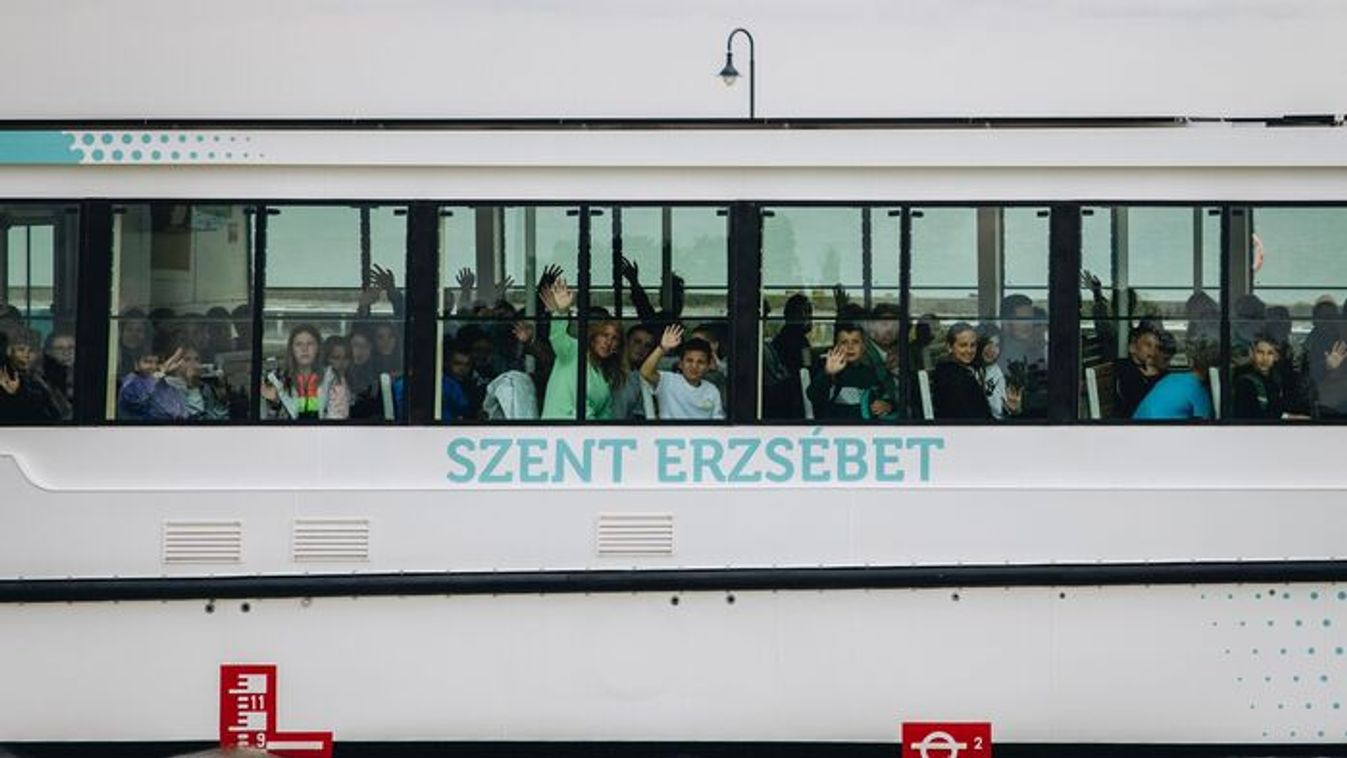
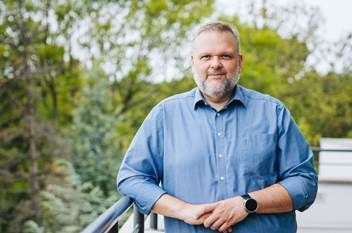
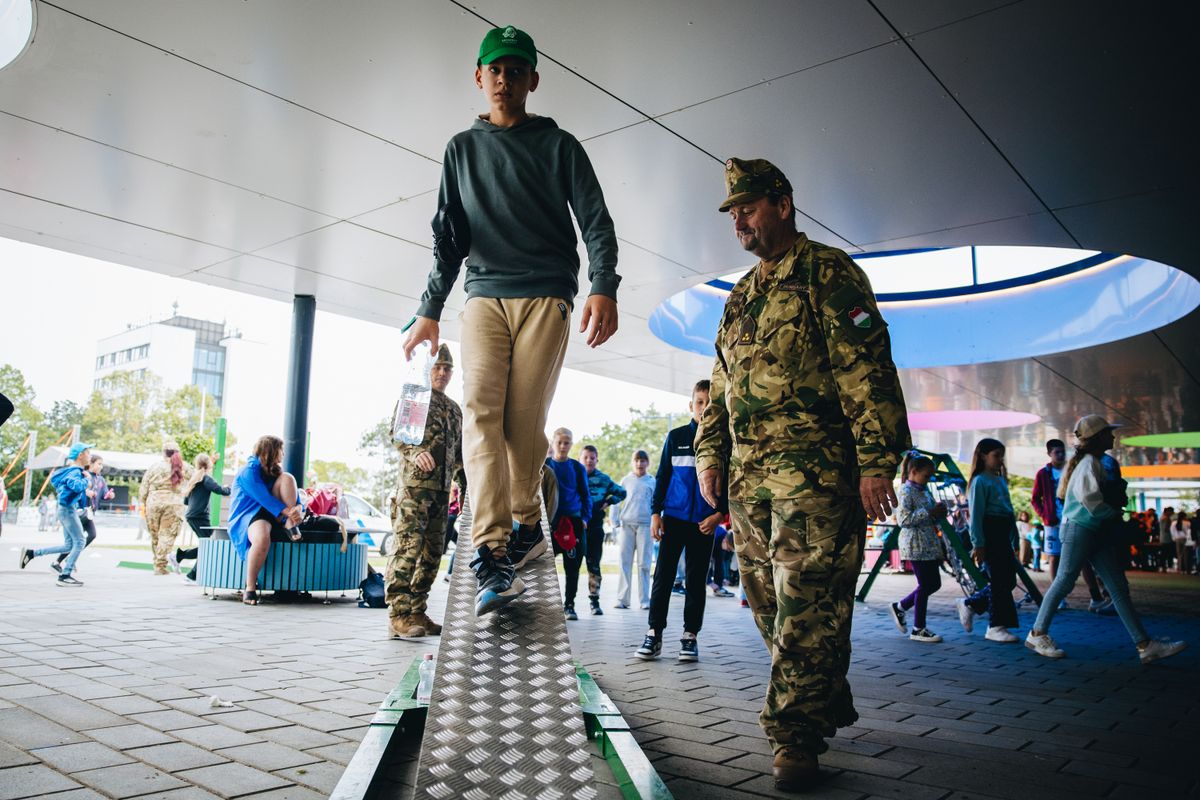
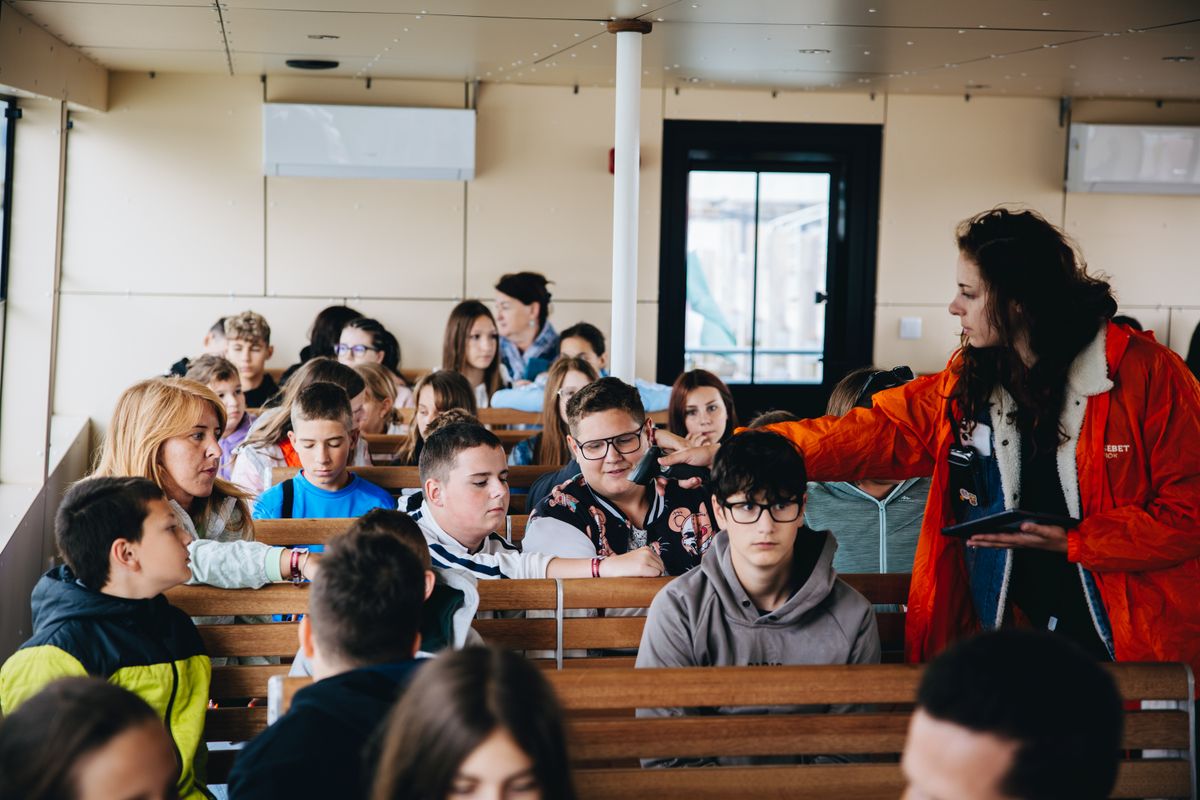


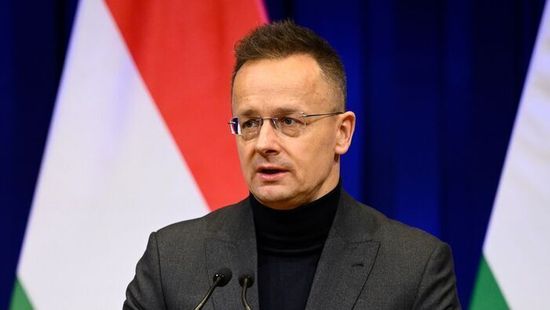
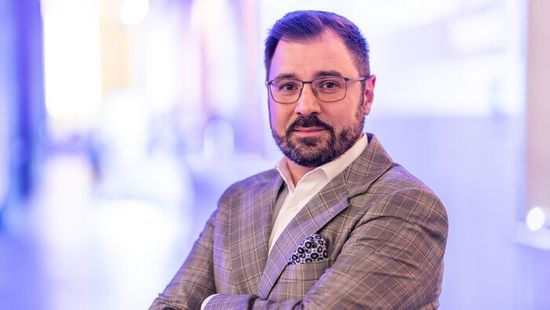
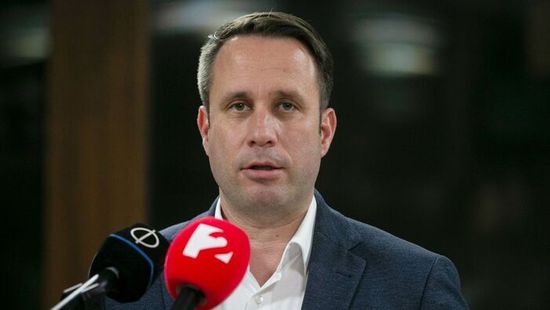

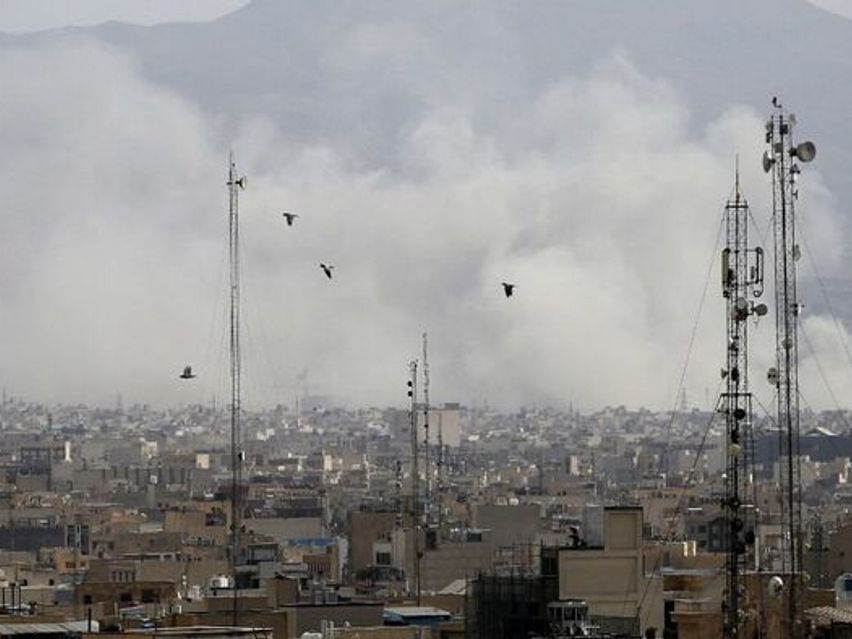

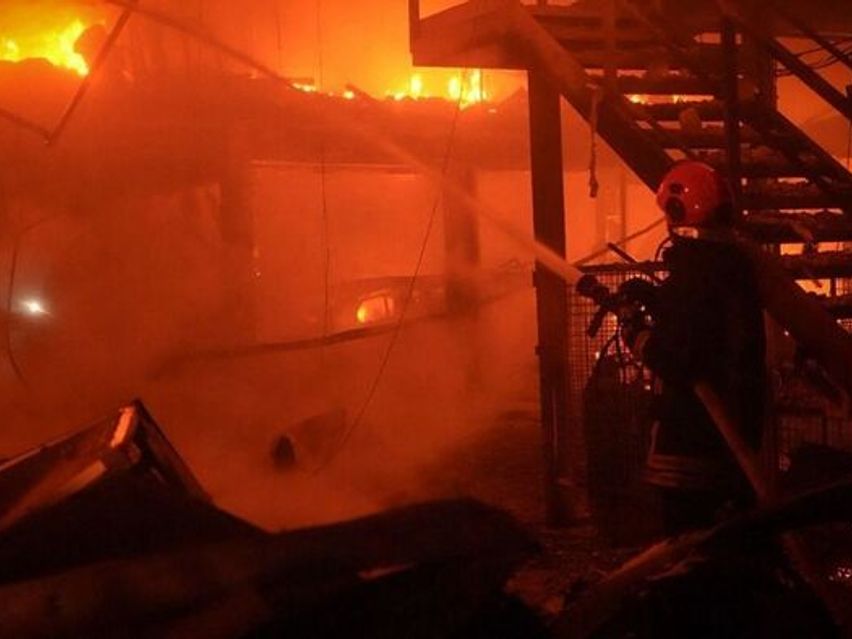



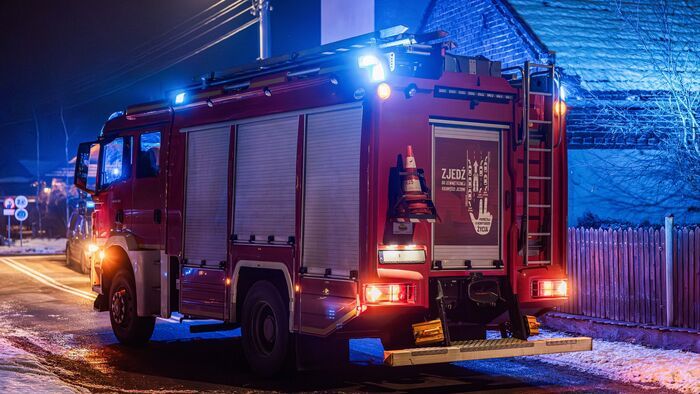
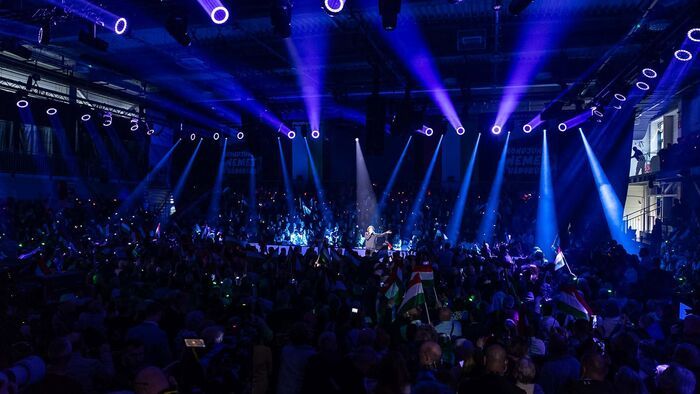

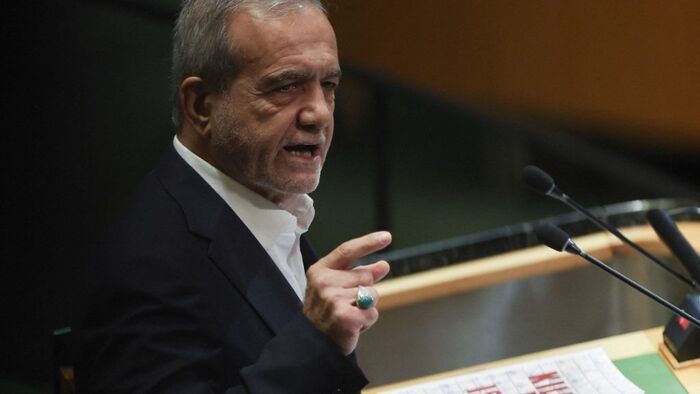

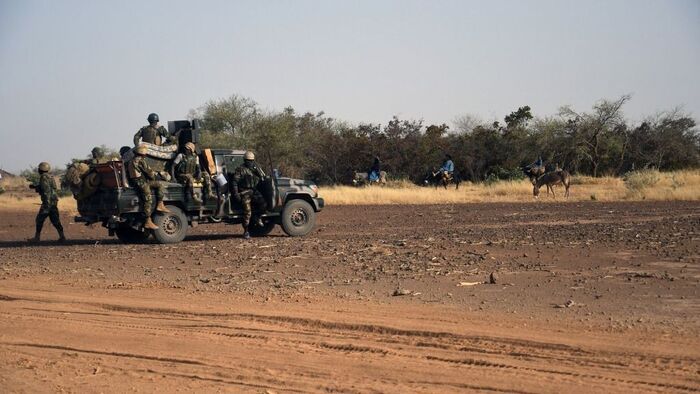





Szóljon hozzá!
Jelenleg csak a hozzászólások egy kis részét látja. Hozzászóláshoz és a további kommentek megtekintéséhez lépjen be, vagy regisztráljon!